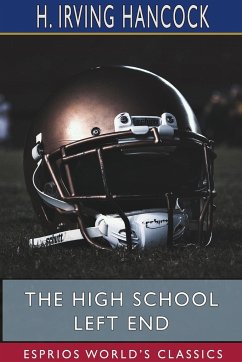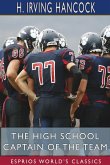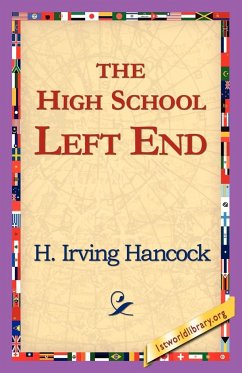Harrie Irving Hancock (January 16, 1868 - March 12, 1922) was an American chemist and writer, mainly remembered as an author of children's literature and juveniles in the late 19th and early 20th centuries, and as having written a fictional depiction of a German invasion of the United States. A prolific author who liked to work at night, Hancock wrote for the New York Journal, the New York World, and Leslie's Weekly. Much of his writing was the kind of "Boy's books" initiated by the famous Stratemeyer Syndicate, based on the assumption (which proved hugely successful) that "boys want the thrill of feeling 'grown-up'" and that they like books which give them that feeling to come in series where the same heroes appear again and again.








